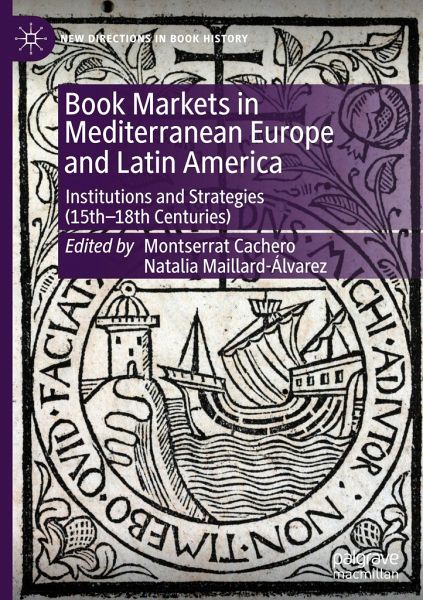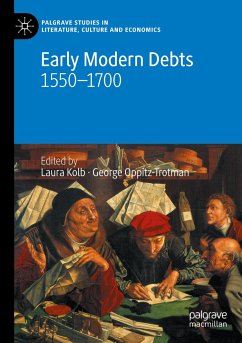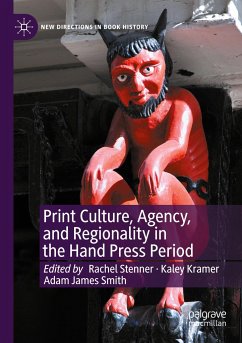
Book Markets in Mediterranean Europe and Latin America
Institutions and Strategies (15th-18th Centuries)
Herausgegeben: Cachero, Montserrat; Maillard-Álvarez, Natalia

PAYBACK Punkte
61 °P sammeln!
This book depicts the Early Modern book markets in Europe and colonial Latin America. The nature of book production and distribution in this period resulted in the development of a truly international market. The integration of the book market was facilitated by networks of printers and booksellers, who were responsible for the connection of distant places, as well as local producers and merchants. At the same time, due to the particular nature of books, political and religious institutions intervened in book markets. Printers and booksellers lived in a politically fragmented world where relig...
This book depicts the Early Modern book markets in Europe and colonial Latin America. The nature of book production and distribution in this period resulted in the development of a truly international market. The integration of the book market was facilitated by networks of printers and booksellers, who were responsible for the connection of distant places, as well as local producers and merchants. At the same time, due to the particular nature of books, political and religious institutions intervened in book markets. Printers and booksellers lived in a politically fragmented world where religious boundaries often shifted. This book explores both the development of commercial networks as well as how the changing institutional settings shaped relationships in the book market.












